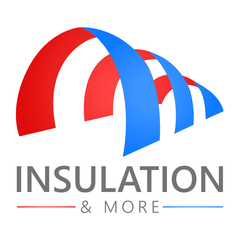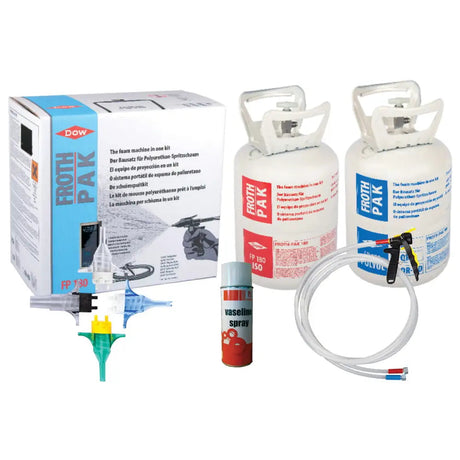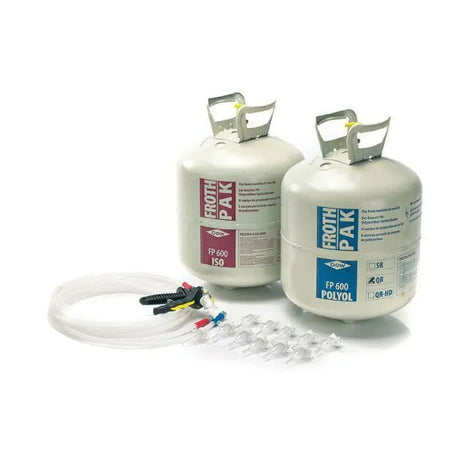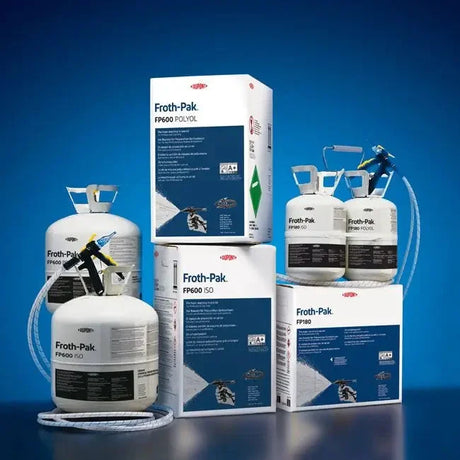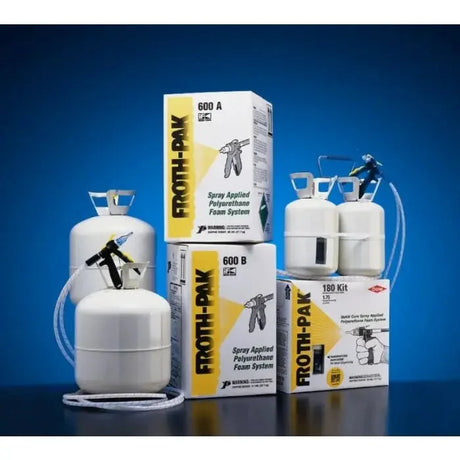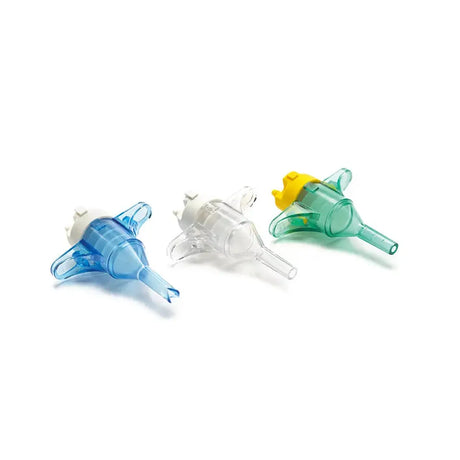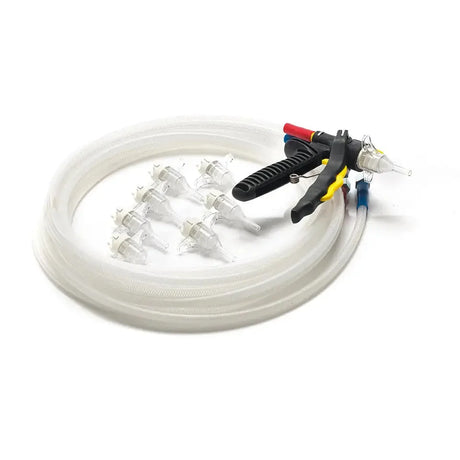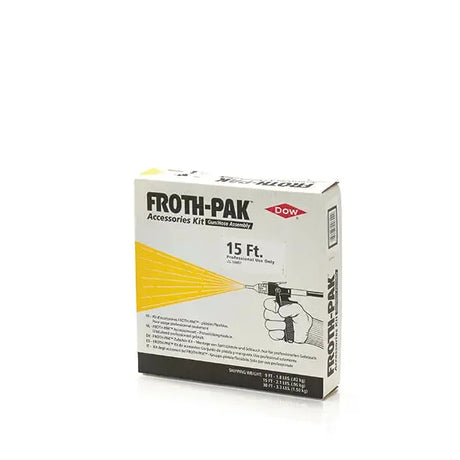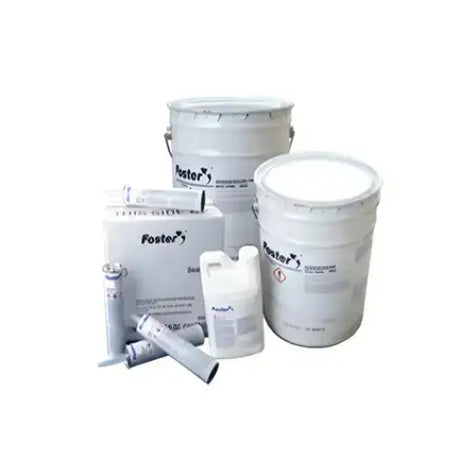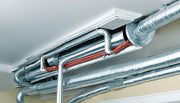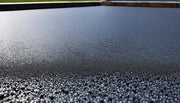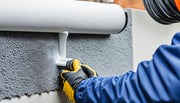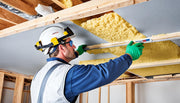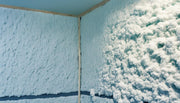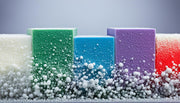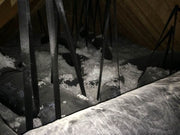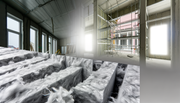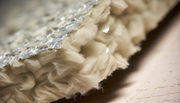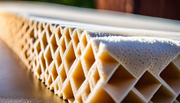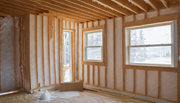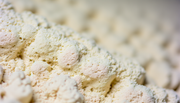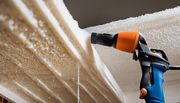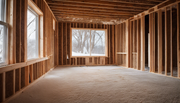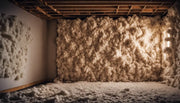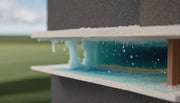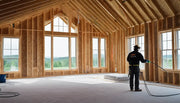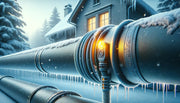Choosing Insulation for Cold Climate Homes: A Comprehensive Guide
As a UK supplier of insulation products and materials, we understand the importance of finding the right insulation for your home, particularly in colder climates. In this article, we will demystify the process of selecting the right insulation for cold climate homes, providing you with the relevant knowledge and tools to make an informed decision.
So, what makes insulation so important in colder climates?
Insulation is the barrier between the warm inside of your home and the cold outside, reducing heat transfer and helping to maintain a comfortable indoor temperature. The right insulation can help you save on energy bills, reduce your carbon footprint, and most importantly, keep your home warm and cosy during those chilly winter months.
Understanding R-Value
When selecting insulation, the most crucial factor to consider is the 'R-value'. This measures the thermal resistance of the insulation – in other words, how well it resists heat flow. The higher the R-value, the better the insulation's performance.
For cold climate homes, we recommend an R-value of 30 to 60 for the attic and 13 to 21 for walls. Your specific requirements may vary depending on your location, the age of your home, and its construction type.
Types of Insulation
There are several types of insulation available on the market, each with its own strengths and weaknesses. Let's take a closer look:
-
Blanket Insulation (Batts and Rolls): This is the most common type of insulation and comes in the form of batts or rolls. It's typically made from fiberglass, mineral wool, plastic fibers, or natural fibers like cotton or sheep's wool. It's relatively easy to install but may require a vapour barrier in colder climates.
-
Sprayed Foam Insulation: This insulation is sprayed into place and then expands to fill the space. It has a high R-value and provides excellent air sealing. However, it is more expensive and should be installed by a professional.
-
Loose-Fill Insulation: Composed of small particles of fiber, foam, or other materials, this insulation is ideal for adding to existing finished areas and around obstructions.
-
Rigid Foam Insulation: This type is more expensive than blanket insulation but provides a high R-value and excellent moisture resistance. It's often used for exterior insulation.
-
Reflective Insulation: Made from reflective aluminium foil, this type of insulation is most effective in hot climates and less so in cold ones.
Insulation Materials
Aside from the types of insulation, it's also essential to consider the materials used. Here are some options:
-
Fiberglass: A popular choice, fiberglass is non-flammable and resistant to moisture. However, it can irritate the skin and lungs, so proper safety gear is essential during installation.
-
Mineral Wool: This material is fire-resistant and soundproof but can be more expensive than other options.
-
Cellulose: Made from recycled paper, cellulose is an eco-friendly insulation material. It's also fire-resistant when treated with borates.
- Polyurethane Foam: This material offers a high R-value and excellent moisture resistance, making it ideal for cold climates. However, it can be more expensive and require professional installation.
Here's a quick comparison table for easy reference:
| Material | R-Value | Fire Resistance | Moisture Resistance | Cost |
|---|---|---|---|---|
| Fiberglass | High | Yes | Yes | Low |
| Mineral Wool | High | Yes | No | Medium |
| Cellulose | Medium | Yes | No | Low |
| Polyurethane Foam | High | No | Yes | High |
In conclusion, the choice of insulation for your cold-climate home depends on many factors. These include your budget, the structure of your home, and your environmental impact preferences. By understanding the different types and materials of insulation, along with the crucial concept of R-value, you can make an informed decision, ensuring a warm and cosy home in even the coldest of UK winters.
So, ready to invest in insulation and banish the winter chills? Remember, insulation is not just about comfort; it's about creating a more energy-efficient and sustainable future. Here's to cozy, eco-friendly homes!
